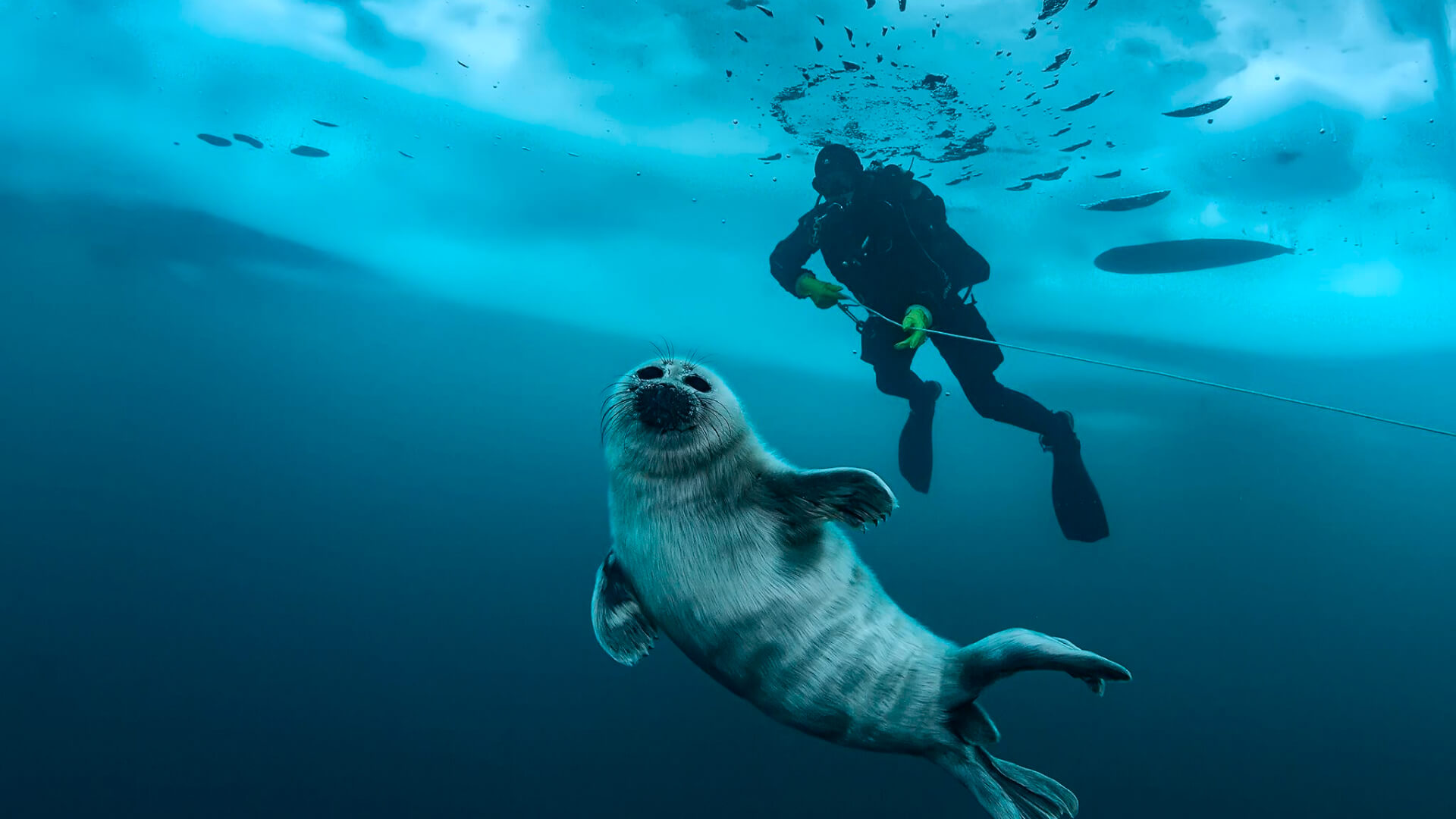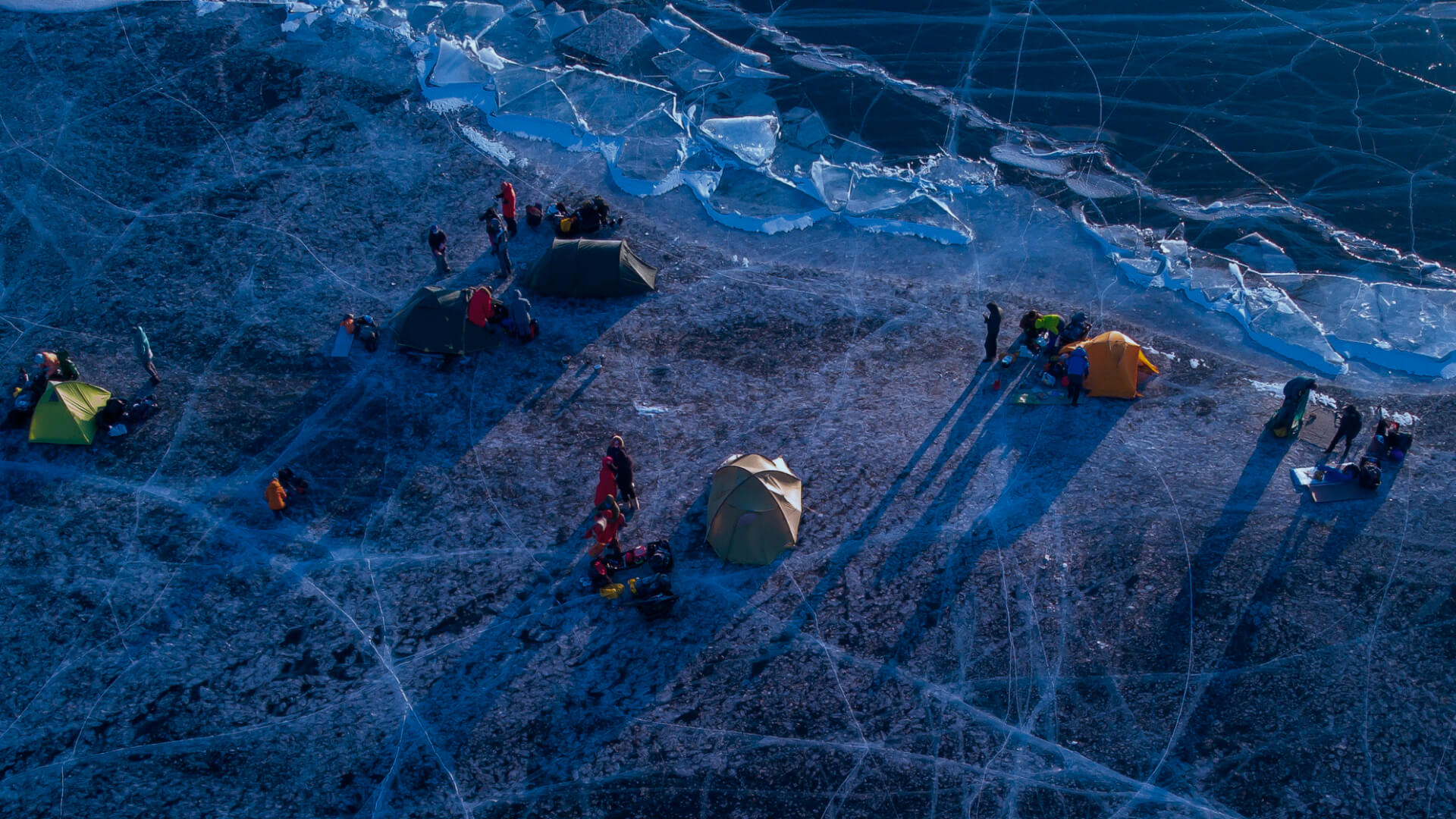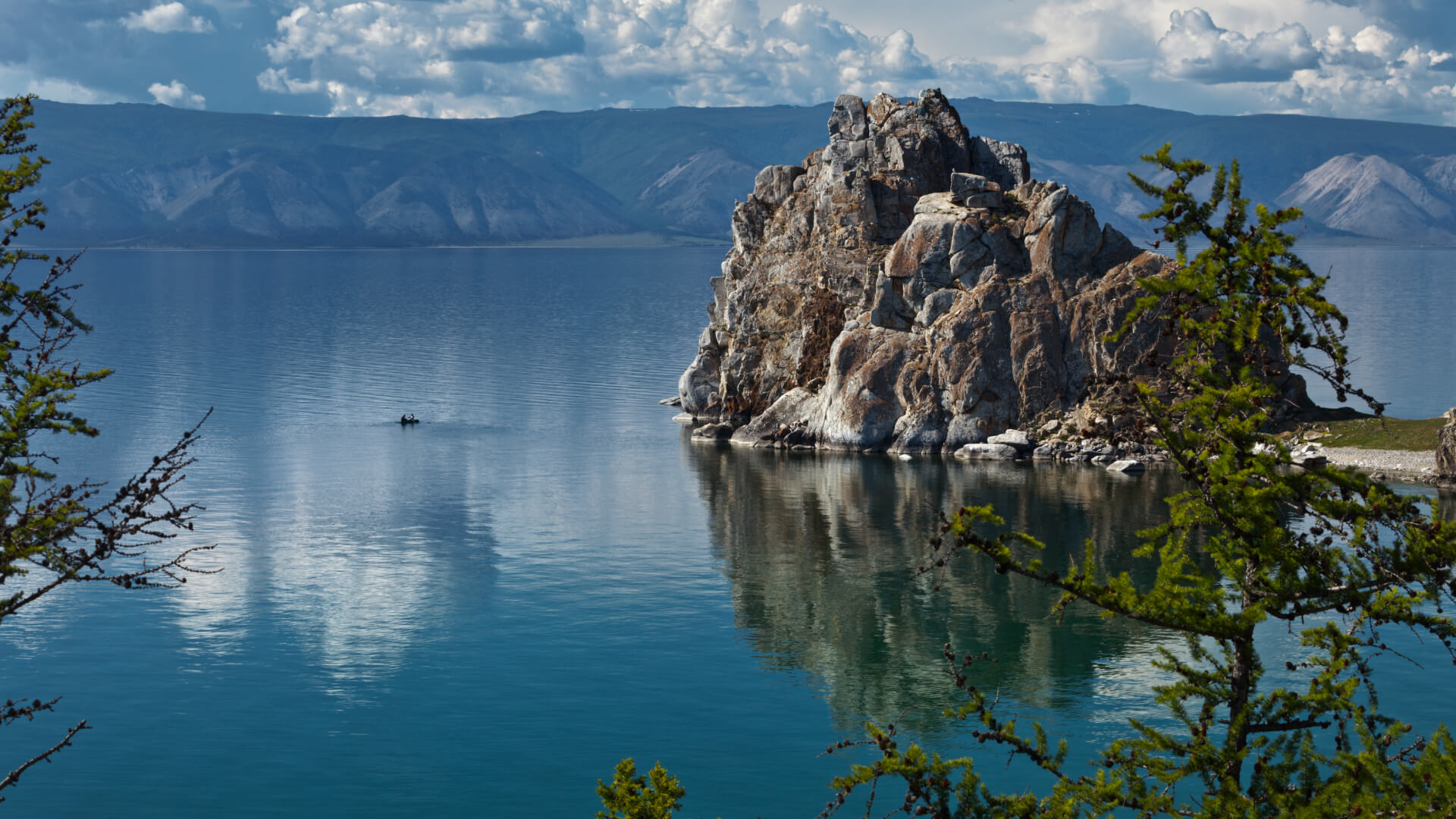En+ Group harness the power of the lake by seamlessly transforming water in clean hydropower.
The Lake is fed by more than 300 rivers, only the Angara flows out it. This is what gives the Angara River its unique water power potential, and stable annual flow.
Lake Baikal has an annual inflow of 70 cubic kilometres, or 0.003% of its water volume, which is equal to its average annual outflow. En+ Group helps to preserve the natural water levels of the Lake throughout the year.
Prior to creating the Angara hydropower cascade, meticulous calculations were made to ensure the hydropower operations could supply cheap electricity to the region while having the minimal impact on the water levels of Lake Baikal, maintaining the possibility of river navigation and ensuring flood control (preventing periodic flooding to ensure the safety of nearby communities).






